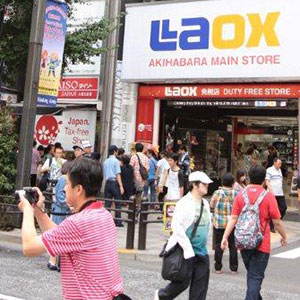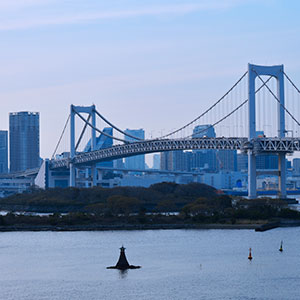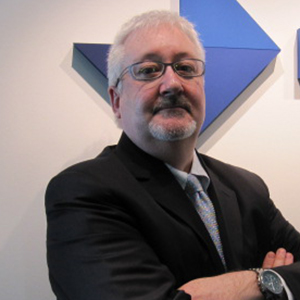I&S BBDO survey reveals change in consumer tastes for TV ads
Drastically changing consumer preferences and perceptions in Japan since the earthquake and tsunami of 11 March have emerged as the economy took a debilitating hit and then showed signs of recovery, according to surveys by I&S BBDO Japan.
How should businesses tackle these changes? And what can consumers do to energise the economy?
The award-winning advertising and marketing agency asked some challenging questions to understand what it could do to help rebuild the economy and society under such unprecedented circumstances.
By launching the NIPPON Rebirth Project “Nihon no Tane” (Seeds of Japan) in March, I&S BBDO hoped to find the right solutions.
“Acting with the consumers and businesses that will cultivate Japan’s future from the standpoint of energising economic activity, we want to plant ‘new seeds’ that bear fruits of hope”, I&S BBDO said.
“In order to plant these new seeds, we are making known people’s voices and proposing a new vision of the future for marketing and communications, as a bridge between consumers and businesses, through various consumer surveys and interviews of well-informed persons”.
Soon after the disaster, I&S BBDO asked in a survey: What industries and content are appropriate for television commercials? At that time, public service messages by the Advertising Council Japan accounted for about 80% of television commercials, due to firms showing self-restraint.
In the first survey, on 24 March, almost 60% of the ads by businesses selling necessities were considered appropriate:
1. Food 67.2%
2. Items for daily use 64.0%
3. Beverages 60.4%
4. Clothing 59.8%
One month after the disaster, on 14 April, other industries saw their approval ratings recover to about 60%, with interior items moving from 50.2% on 24 March to 61.4%. Other sectors were:
• Autos 62.8%
• Cosmetics 62.2%
• Restaurants/Fast food 59.0%
By April 25, when the fifth survey was held, the previously low ratings of business categories saw sharp rises. Alcoholic beverages, for example, jumped from 36% on 24 March to 62.4%.
These figures show that the “emergency mood” of the first month after the triple disaster had dissipated, and that the mood was again close to normal after six weeks.
Tone and content
On 24 March, respondents empathised with commercials that had a healing tone:
1. Feel relieved 76.4%
2. Warm 67.2%
3. Cheerful 66.8%
4. Heart-warming 63.8%
On April 14, the number of positive assessments (cheerful, delicious-looking, lively, busy) gained sharply. Comments such as “lively song and dance” and “comedian appears” also increased. It seems that people were starting to get fed up with “messages of encouragement”, due to an increase in the number of commercials with a “Let’s do our best” message.
Further Reports
I&S BBDO will continue to study how the values and behaviour of Japanese consumers change in the wake of the disaster through surveys and interviews, and release its findings on the Nihon no Tane website (www. nihonnotane.com). The next report will be published at the end of June. An English-language site will be available by then.

About I&S BBDO
Part of BBDO Worldwide, I&S BBDO is one of Japan’s top-tier advertising and marketing services companies. It provides advertising and brand communications solutions to global and local clients, and boasts extensive experience in the Japanese market. Its work has garnered a number of awards, including the ACC Grand Prize, one of the most prestigious business-related awards in Japan.





